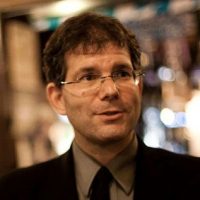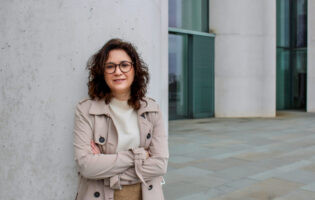The 70th Anniversary of World War II

Andrew Port
Wayne State University
Andrew I. Port is an associate professor of history at Wayne State University in Detroit. He previously taught as a Lecturer at Harvard and at Yale, and also worked as a Project Coordinator at the Office of Human Rights in Nuremberg, Germany. He received a Ph.D. in modern European history from Harvard, a B.A. in history from Yale, and a degree in political science from the Institut d’Etudes Politiques in Paris.
Port is currently the Editor of the journal Central European History and previously served as the Review Editor of the German Studies Review. He is the recipient of the 2013 DAAD Prize in German and European Studies.
Port’s research focuses on modern Germany and Europe, communism and state socialism, social protest, popular resistance under autocratic regimes, and comparative genocide. His first book, Conflict and Stability in the German Democratic Republic (Cambridge UP, 2007; pb 2008), appeared in German translation as Die Rätselhafte Stabilität der DDR (Ch. Links, 2010; Bundeszentrale für politische Bildung, 2011) and received a great deal of positive media attention in Germany. The author of numerous articles, he is also the co-editor with Mary Fulbrook (University College London) of Becoming East German: Socialist Structures and Sensibilities after Hitler (Berghahn, 2013).
His current project, “What Germans Talk About When They Talk About Genocide,” looks at German reactions to genocide in other parts of the world since 1945, with a special focus on Cambodia, Rwanda, and the Balkans. Andrew Port grew up in Brooklyn, New York, and now lives in Ann Arbor, Michigan.
No matter what inscrutable socio-biological function they may serve, all anniversaries are constructs. This is a point worth recalling as we celebrate for the 70th time the end of World War II. The death and destruction raging in the major theaters of war came to an end that year in Europe and the Pacific, and, for that reason alone, 1945 clearly marked an important caesura in myriad ways for millions of people. But if there is one thing that the innovative historiography of the past half century has taught us, it is that war and high politics are not the sole benchmark for large segments of humanity when it comes to their perceptions and experiences.
Continue reading at Cambridge University Press’ blog.
Andrew I. Port is an AGI Non-Resident Fellow, Editor of the journal Central European History, and a professor at Wayne State University.









